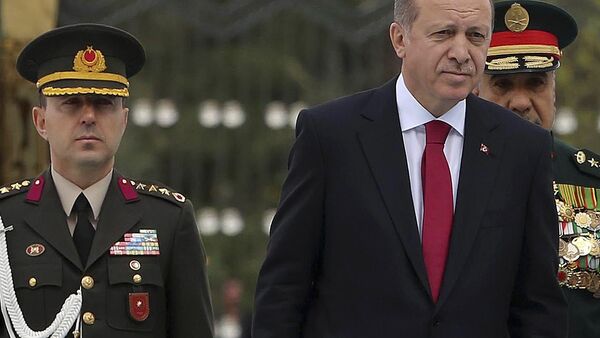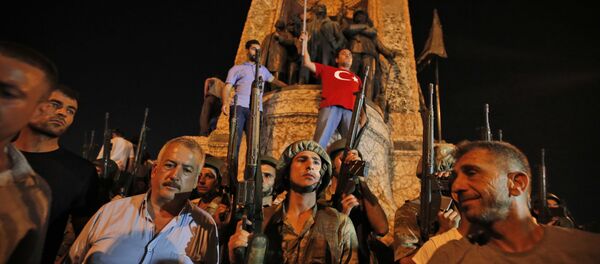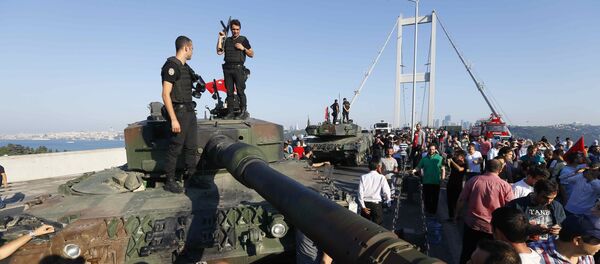Customs and Commerce Minister Bulent Tufenkci was quoted by the Hurriyet newspaper as saying that the cost of the thwarted coup could rise, but that Turkey’s economy overall was secure.
Considering the destruction wreaked on the night of the coup, Tufencki said, "Warplanes, helicopters, weapons, bombs, buildings: 300 billion lira. Maybe I am underestimating a bit. It might go up even more." The minister added that the economy should viewed from a medium-term perspective even if some investors are scared off in the short term.
"The putschists made Turkey seem like a third world country. (Investors) are not coming after the images revealed tanks were deployed on the streets, parliament was bombed." Despite all this, Tufencki said that the country has its affairs under control.
"Had the coup taken place in another country, markets would not have opened earlier than in a week." The coup occurred on July 15, a Friday, but Turkish financial markets were reopened that weekend.
"The interest rates didn’t rise extraordinarily. The stock exchange’s losses have been limited. There’s no need to revise growth or export figures. The nation has stood firm," he explained.
In the wake of the coup, the government suspended annual leave of personnel, whom the government accusing of being in cahoots with Fethullah Gulen, a US-based Muslim cleric.
This move has negatively affected an already ailing tourism industry, suffering from travellers keeping their distance over fears of unrest and conflict with Russia. Tufencki said, "Because of a ban on annual leave, one million (tourism) reservations have been canceled."
Turkey has seen a 40% drop in foreign visitors since June.




